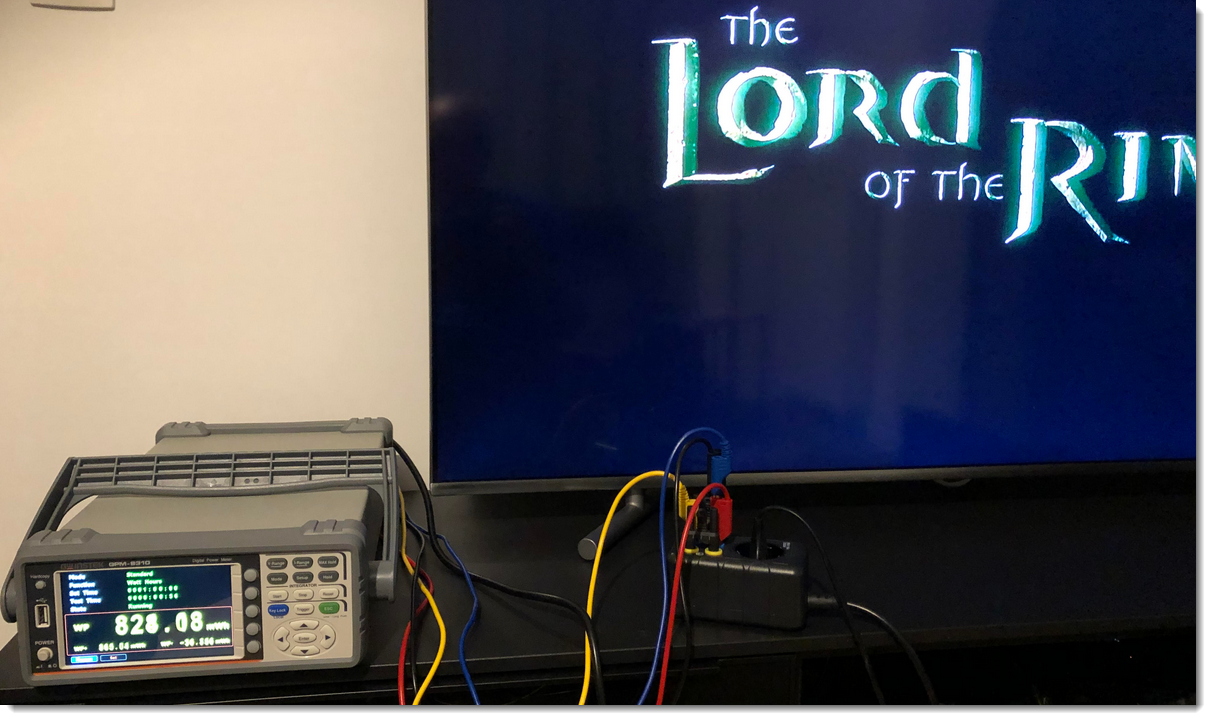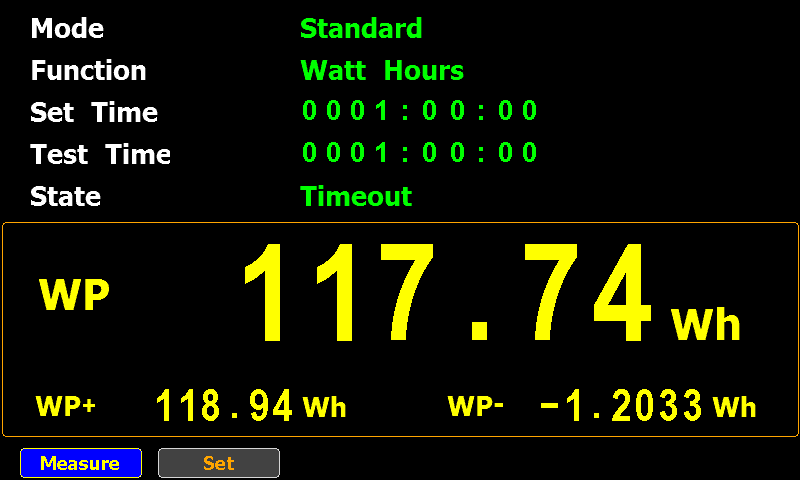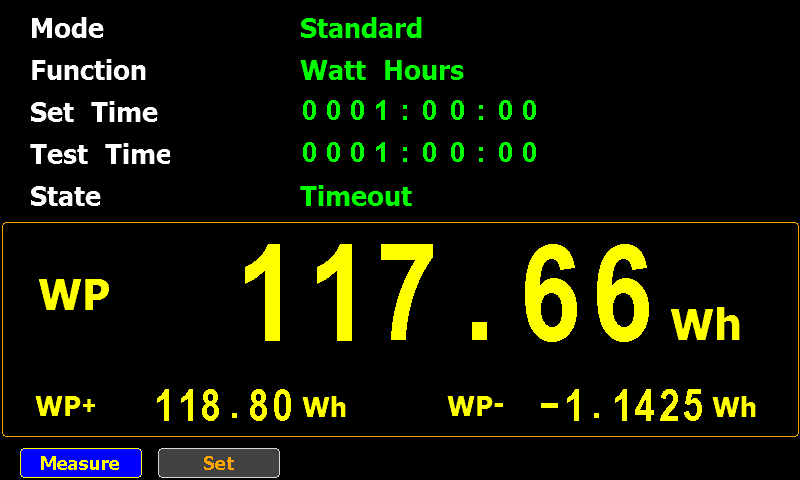
2022-9-22 08:0:0 Author: blog.didierstevens.com(查看原文) 阅读量:16 收藏
TLDR: reducing the sound volume level of our TV has no (significant) impact on its electric energy consumption, but reducing the back-lighting does.
Here in Belgium, mainstream media is full of news with tips to reduce energy consumption.
Some good tips, some bad tips … That’s mainstream media for you 🙂
Recently, there was an article with the following tip: “reduce the sound volume level of your TV to save energy” … (I’m not linking to this article).
It is true that a speaker (and the audio amplifier) requires power. And that there is a positive correlation between electric energy consumption and sound volume level. Large speakers can draw quite some amps…
But I was a little doubtful that lowering the sound volume level of our TV with a view clicks, would have a significant/measurable impact. Because some time ago, I already made measurements, and our TV drew 120 Watt maximum. So I did not expect a big impact.
Anyways, one has to make measurements to know if there is a (significant) impact or not.
We have a 55 inch QLED Samsung TV from 2018. The test protocol I worked out is the following: start to play a long movie (LoTR) and measure the electric energy consumption during one hour exactly (with a GW Instek GPM-8310 digital power meter). Don’t touch the TV or remote while testing is going on, and make sure that no dynamic settings are enabled that can influence the electric energy consumption (like ambient light based brightness control).
I measured at 3 sound volume levels: 20, 19 and muted. And I did this twice.

Here are the results:
| Sound level | Electric energy consumption (Wh) |
| 20 | 117,74 |
| 19 | 117,74 |
| 0 (muted) | 117,66 |



For our TV, there’s no difference between a sound volume level of 20 and 19.
And by completely muting the TV, we save 0,08 Watts. That’s a very small amount. To put that in perspective, we would have to watch 125 hours of muted TV to power a 10 Watt LED light-bulb for 1 hour.
Of course, that’s for our TV. If you have a TV with a powerful soundbar and extra speakers, your measurements will be totally different.
While going through all the settings of our TV, there is one thing I noticed: the back-lighting setting was set to its maximum (20).
I reduced the back-lighting to 10 and measured again. That made a significant change: 77,666 Wh in stead of 117,74 Wh (both at sound volume level 20, our usual setting). That’s a 34% reduction in electric energy consumption. That’s a significant reduction, but …, don’t forget that the back-lighting setting happened to be at its maximum.

We will keep it like that for the moment, and see if we still enjoy watching TV.
如有侵权请联系:admin#unsafe.sh